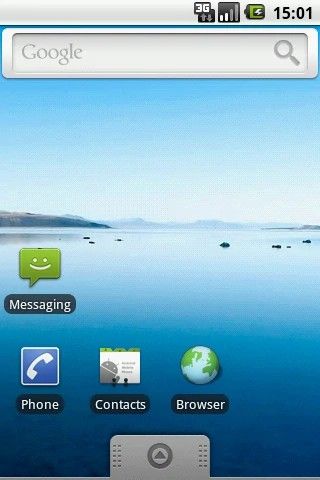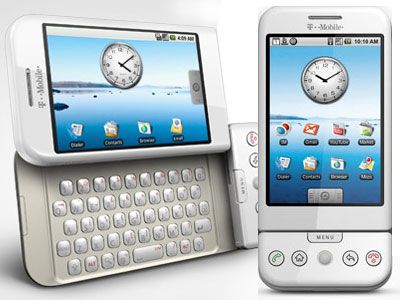This week, HTC is back in headlines with the announcement of the HTC Desire 20 Pro and U20 5G. If you read about these devices around the web, you’ll have probably seen a lot of comments like “HTC isn’t dead yet?” or “HTC still makes phones?” Besides VR, the company hasn’t been doing much in the smartphone space in recent years, so it’s not surprising that many people have written them off. That’s unfortunate because HTC was once a titan in the smartphone world. In fact, the company had a lot to do with the early success of Android.
It’s true that HTC hasn’t done much with smartphones recently. Apart from a few niche “blockchain” phones under the Exodus brand, the last real made-for-consumer smartphone the Taiwanese company launched was the Desire 12s in late 2018. Sure, a few devices have launched since then with the HTC name, but they’re only smartphones using the HTC brand rather than actually being made by HTC. Even the newly announced smartphones are pretty basic mid-rangers, though the company is hoping to turn things around by hopping on the 5G train, culminating in the recent U20 5G. Sadly, most people won’t care about these devices, but it didn’t use to be that way for HTC.
If you’re an Android diehard you may know that the company’s history with the platform goes all the way back to the beginning. In 2008, the company released the very first commercial Android phone, the HTC Dream/T-Mobile G1. For quite a while, HTC was responsible for the best Android phones on the market. Phones such as the Hero, DROID Incredible, EVO 4G, and Desire propelled the Android OS forward as a viable competitor to iOS on the Apple iPhone. Who can forget the infamous “iPhone 4 vs HTC Evo” video that went viral way back in mid-2010? HTC had a tight relationship with Google and was known for creating high-quality smartphones and software, even going so far as partnering together to create the very first Nexus device. Great software is what really set them apart—I’m sure many still look back fondly on Sense UI.
My personal history with HTC goes back to 2009 with the DROID Eris. At the time, Verizon had two Android devices available: the ultra-popular Motorola DROID and the HTC DROID Eris. I distinctly remember choosing the Eris because it had the company’s “Sense UI” skin. Back then, stock Android was pretty ugly, and Sense UI was a huge improvement. HTC was making great hardware, but its software was its greatest contribution to Android.


In the early days, Android skins were very important because stock Android was very lacking in features and design. Android didn’t start looking actually attractive until 2011 with Android 4.0 Ice Cream Sandwich. This wasn’t only a Google problem, though. Samsung’s early Android phones featured “TouchWiz,” which was the subject of a series of design lawsuits from Apple. Motorola’s “Motoblur” software was decent but had some very strange ideas. OEMs were struggling to figure out their mobile identity, but HTC had theirs locked up and they stuck with it.


The problem is they stuck with it too long. Google slowly improved the design of stock Android and Sense UI started to feel outdated. The skeuomorphic design aged poorly as other skins started to look more modern. I remember installing custom stock ROMs on my HTC phones when Sense UI started to feel old. Remember Evervolv? The company eventually made changes to Sense UI and went with a more minimal, near-stock approach, but it was too late. Meanwhile, on the hardware side of things, Samsung was kicking it into overdrive and taking over the market.
I’m not sure what HTC could have done to stay relevant. All I know is it was an incredibly important partner for Google in the early days of Android. Many people’s first experience with Android was through an HTC device. The company showed the world that Apple wasn’t the only company that could make beautiful phones, and I believe HTC’s Sense UI pushed Google to make visual improvements to Android.
There’s always the possibility that the HTC Desire 20 Pro and U20 5G will breathe new life into the company. As the company is well aware, the Android ecosystem is much more crowded and competitive than it was back in 2008. It’s always sad to see an OG fall by the wayside, but HTC’s contributions to Android shouldn’t be forgotten. Respect your elders.
The post Android wouldn’t be what it is today without HTC appeared first on xda-developers.
from xda-developers https://ift.tt/3hExHEs
via IFTTT


Aucun commentaire:
Enregistrer un commentaire